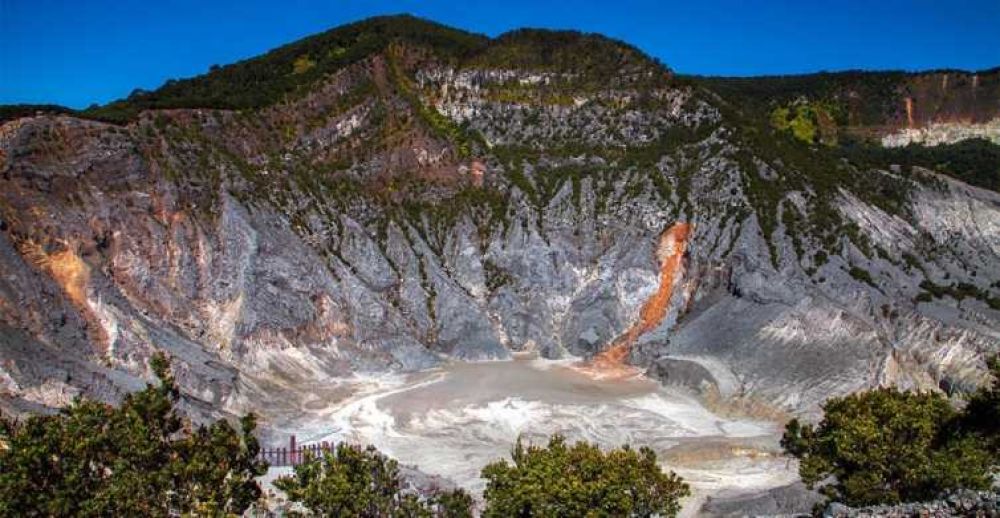

Located in the southern region of Bandung, Ranca Upas is an area known for its captivating natural beauty and soothing hot springs. The history of Ranca Upas as a tourist destination can be traced back to the Dutch colonial era. The region was initially known for its tea plantations and as a retreat for European planters seeking respite from their busy lives. Over time, the Indonesian locals, as well as international visitors, began to recognize the charm of this mountainous region with its cool climate and scenic views.
Following Indonesia's independence, Ranca Upas evolved from a plantation retreat into a full-fledged tourist destination. The development of infrastructure such as roads and accommodations made the place more accessible and inviting for tourists. Ranca Upas saw gradual growth as a location for camping and outdoor activities, with its hot springs remaining a significant pull for visitors.
Today, Ranca Upas is not just a natural sanctuary but also an ecotourism destination. Ecotourism has been at the forefront of Ranca Upas' tourism, focusing on conservation efforts and sustainable practices. This includes the development of the Ranca Upas Deer Conservation Area, which is a popular spot within the region and plays a crucial role in the conservation of the local deer population.
Glamping, or glamorous camping, has become a significant trend in the area, combining the rustic experience of camping with the luxuries of modern amenities. This trend caters to the growing number of tourists seeking unique and comfortable outdoor experiences.
Another current trend is the increasing popularity of Instagrammable spots within Ranca Upas. This is due to the picturesque landscapes and the rise of social media usage, where travelers share their experiences and scenic photographs online, further promoting Ranca Upas as an ideal getaway.
Adventure tourism has also spiked, with visitors engaging in various activities such as paragliding, mountain biking, and trekking. These attractions offer thrilling experiences for the more adventurous tourists and help diversify the region's appeal.
The local government and private stakeholders continue to invest in enhancing the tourist experience while preserving the natural environment. There's an ongoing effort to improve facilities, offer more activities, and ensure sustainable tourism practices that safeguard the region's ecosystem.
Ranca Upas stands as a testament to Indonesia's commitment to nurturing tourism while protecting its natural heritage. The blend of historical allure, modern trends, and a strong environmental consciousness will continue to secure Ranca Upas' place as a cherished destination for both local and international tourists for years to come.